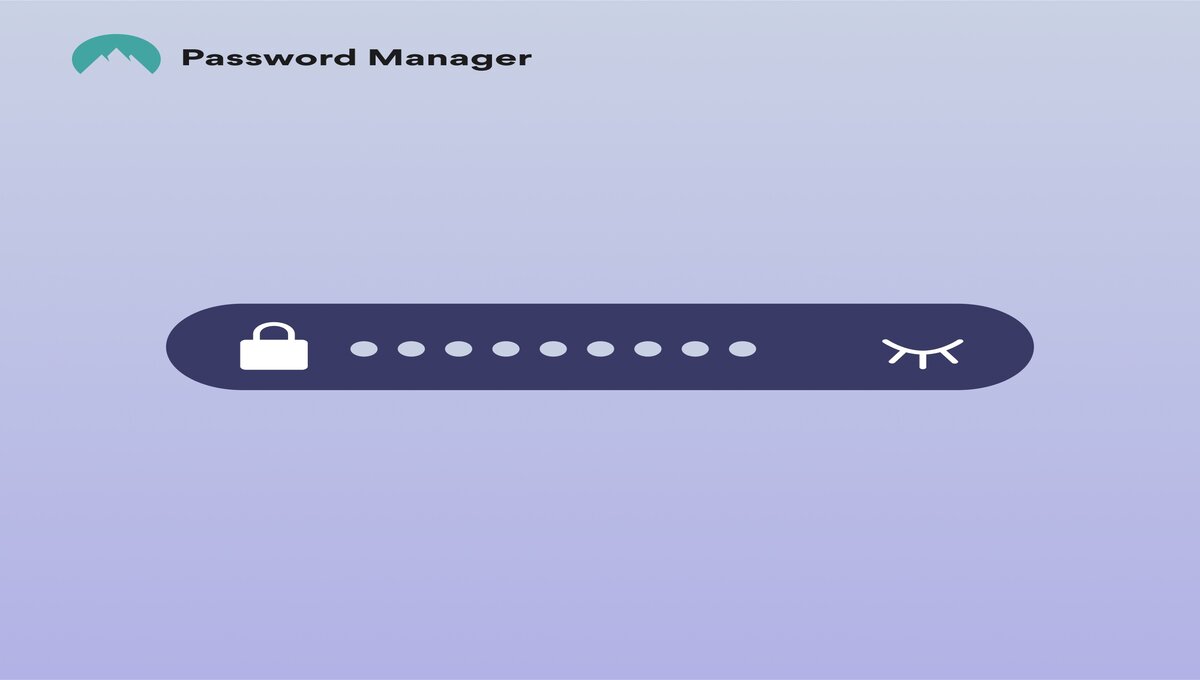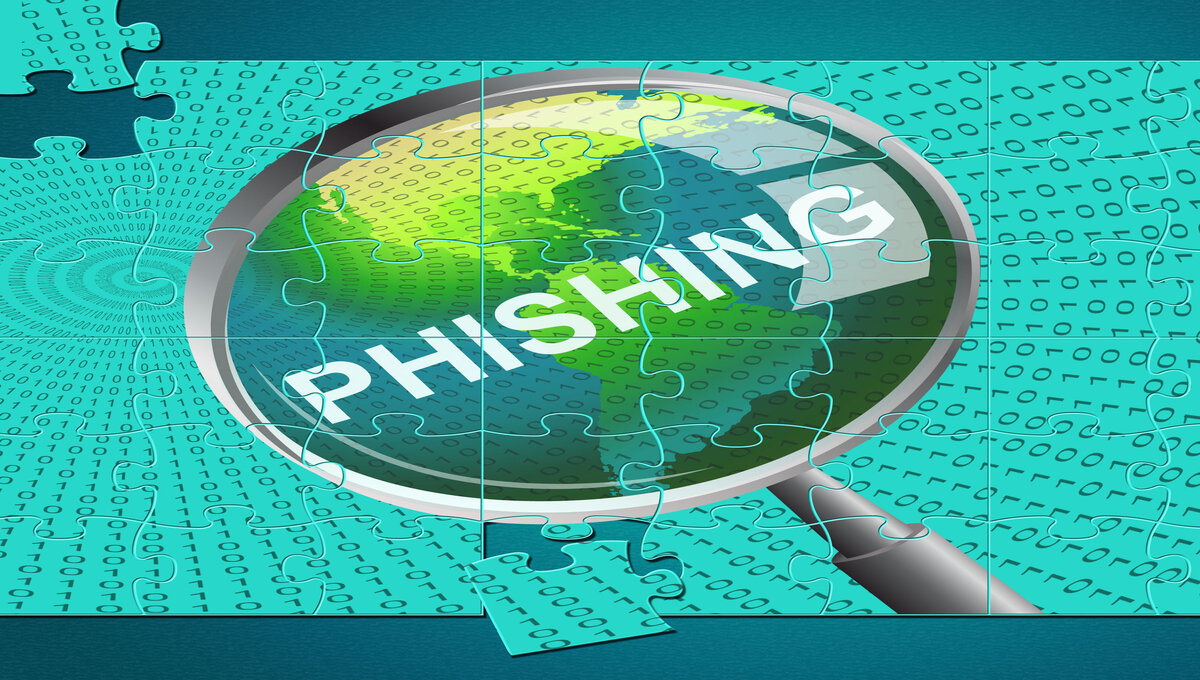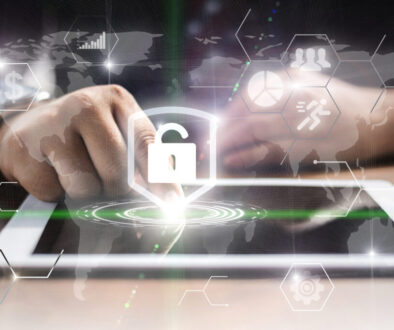5 Best Holiday Cybersecurity Tips | Protect your personal information
Holiday cybersecurity tips become most important as the holiday season approaches, many of us are eagerly anticipating spending time with loved ones, exchanging gifts, and enjoying festive activities. However, amidst the holiday cheer, it’s crucial not to overlook the importance of cybersecurity. With increased online shopping, travel bookings, and social media activity during this time, cybercriminals are on the lookout for opportunities to exploit unsuspecting individuals. To ensure a safe and secure holiday season, here are some essential cybersecurity tips to keep in mind:
Holiday Cybersecurity Tips
The holiday season presents ample opportunities for cybercriminals to target unsuspecting individuals. Whether through phishing emails, fake websites, or malware-laden downloads, the risks are higher during this time of increased online activity.
How to Secure Your Devices?
Before embarking on your holiday shopping spree or sharing festive photos on social media, it’s essential to ensure that all your devices are up to date with the latest software patches and security updates. This includes not only your computers and smartphones but also any smart home devices or IoT gadgets you may own. By keeping your devices secure, you can minimize the risk of falling victim to cyber threats. Securing your devices is essential to protect your personal information and privacy from cyber threats. Follow these steps to ensure your devices are secure:
Enable Device Locking: Set up a PIN, password, pattern, or fingerprint lock on your devices to prevent unauthorized access.

Install Antivirus Software: Install reputable antivirus software on your devices to detect and remove malware, viruses, and other malicious software.
Be Cautious of Downloads: Only download apps, software, and files from trusted sources such as official app stores or reputable websites. Avoid downloading content from unknown or suspicious sources, as they may contain malware.
Use Encryption: Encrypt sensitive data on your devices to protect it from unauthorized access. Many devices offer built-in encryption features that can be enabled in the settings.
Backup Your Data: Regularly backup your important files and data to an external hard drive, cloud storage service, or another secure location. This ensures that you can recover your data in case of device loss, theft, or failure.
Secure Your Network: Secure your home Wi-Fi network with a strong, unique password and encryption. Enable network encryption (WPA2 or WPA3) and change the default administrator password on your router to prevent unauthorized access.
Enable Two-Factor Authentication (2FA): Enable 2FA wherever possible for an extra layer of security. 2FA requires you to provide a second form of verification, such as a code sent to your phone and your password when logging into your accounts.
Stay Vigilant: Stay vigilant against phishing attempts, suspicious emails, and other cyber threats. Be cautious of clicking on links or downloading attachments from unknown senders, and always verify the legitimacy of requests for personal information.
Implementing security measures | Holiday Cybersecurity Tips
Implementing security measures will help keep your devices safe and your personal information protected from cyber threats.
How to Use Strong Passwords?
One of the simplest yet most effective Holiday cybersecurity tips to enhance your cybersecurity posture is to use strong, unique passwords for all your online accounts. Avoid using easily guessable passwords such as “123456” or “password” and instead opt for a combination of letters, numbers, and special characters. Consider using a reputable password manager to securely store and manage your passwords across multiple accounts.

How to Beware of Phishing Attacks?
Phishing attacks remain a prevalent threat, particularly during the holiday season when cybercriminals capitalize on people’s trust and goodwill. Be wary of unsolicited emails, text messages, or social media posts claiming to offer exclusive deals or urgent requests for personal information.
How to Shop Safely Online?
When shopping online for gifts or holiday decorations, stick to reputable retailers and avoid clicking on links from unknown sources. Before entering your payment details, ensure that the website is encrypted and secure by looking for the padlock symbol in the browser’s address bar. Consider using secure payment methods such as credit cards or digital wallets, which offer added fraud protection.

Protect Your Personal Information | Holiday Cybersecurity Tips
Avoid posting sensitive personal details such as your home address, phone number, or travel plans, as this information could be used by cybercriminals for identity theft or burglary. Exercise caution when connecting to public Wi-Fi networks, as they may not be secure and could potentially expose your data to hackers.
Be Cautious with Links and Attachments: Avoid clicking on links or downloading attachments from unknown or suspicious sources, as they could contain malware or phishing attempts. Always verify the sender’s identity before opening any links or attachments.
Use Secure Wi-Fi Networks: When connecting to Wi-Fi networks, especially public ones, make sure they are secure. Avoid using unsecured networks, and consider using a virtual private network (VPN) for added security when accessing sensitive information over public Wi-Fi.
Backup Your Data Regularly: Regularly backup your important files and data to an external hard drive or cloud storage service. In case your device is compromised or damaged, you’ll still have access to your important information.
Enable Device Encryption: Encrypting your device’s storage adds an extra layer of security by scrambling your data, making it unreadable without the decryption key. Most modern devices offer built-in encryption features that you can enable in the settings.
Install Security Software: Install reputable antivirus and security software on your devices to protect against viruses, malware, and other threats. Keep the software updated and perform regular scans to detect and remove any malicious software.
Be Mindful of Physical Security: Keep your devices physically secure by locking them when not in use and avoiding leaving them unattended in public places. Consider using locks or alarms to deter theft.
Educate Yourself: Stay informed about the latest cybersecurity threats and best Holiday cybersecurity tips for staying safe online. Be cautious of scams and phishing attempts, and always think twice before sharing personal information online.
you can significantly enhance the security of your devices and minimize the risk of falling victim to cyber-attacks. Remember, staying safe online is an ongoing effort, so make sure to stay vigilant and proactive in protecting your digital life.
How to Monitor Your Accounts Regularly? Best Holiday Cybersecurity Tips
Keep a close eye on your bank and credit card statements for any unauthorized transactions, especially after making online purchases during the holiday season. Consider enabling transaction alerts or notifications for unusual activity to help detect and respond to any potential security breaches promptly. Prompt action can mitigate the impact of fraudulent charges and prevent further financial loss. Monitoring your accounts regularly is essential to detect any suspicious activity and protect your finances and personal information from unauthorized access. Here’s a detailed yet simple guide on how to do it:
Set Up Account Alerts: Most banks and financial institutions offer account alert services that notify you via email, text message or push notifications about important account activities, such as large transactions, low balances, or login attempts from unfamiliar devices. Enable these alerts to stay informed about any unusual activity on your accounts.
Review Account Statements: Regularly review your account statements, including bank statements, credit card statements, and online payment platforms like PayPal. Check for any unfamiliar transactions, charges, or withdrawals, and report them to your financial institution immediately if you suspect fraudulent activity.
Monitor Credit Reports: Request and review your credit reports from major credit bureaus (Equifax, Experian, and TransUnion) at least once a year. Your credit report contains information about your credit accounts, loans, and payment history. Look for any unauthorized accounts or inquiries that could indicate identity theft or fraudulent activity.
Use Account Monitoring Services: Consider using third-party account monitoring services or identity theft protection services that monitor your accounts and credit reports for suspicious activity. These services can provide real-time alerts and assistance in case of identity theft or fraud.
Check Login Activity: Many online accounts, such as email, social media, and financial accounts, allow you to view your recent login activity. Regularly check this feature to see if there are any unauthorized login attempts or sessions from unfamiliar devices or locations. If you notice any suspicious activity, change your password immediately and review your account security settings.
Secure Your Devices: Ensure that the devices you use to access your accounts, such as smartphones, tablets, and computers, are secure. Use strong passwords, enable biometric authentication (e.g., fingerprint or face recognition), and keep your devices’ operating systems and security software up to date to prevent unauthorized access.
Beware of Phishing Attempts: Watch out for phishing emails, text messages, or phone calls that attempt to trick you into disclosing sensitive information, such as passwords, account numbers, or personal details. Never click on suspicious links or provide sensitive information to unsolicited requests, as they could be scams designed to steal your information.

Report Suspicious Activity Immediately: If you notice any suspicious activity on your accounts or suspect that you’ve become a victim of identity theft or fraud, report it to your financial institution, credit card issuer, or relevant authorities immediately.
By regularly monitoring your accounts and staying vigilant against potential threats, you can protect yourself from financial losses and safeguard your personal information from unauthorized access and identity theft. Make holiday cybersecurity tips a routine part of your financial management practices to stay secure in today’s digital world.
Educate Yourself and Your Family | Follow Holiday Cybersecurity Tips
Cybersecurity is a shared responsibility, and it’s essential to educate yourself and your family members about the common threats and best practices for staying safe online. Teach children about the importance of privacy settings, avoiding strangers online, and seeking adult supervision when encountering suspicious content or requests. Engage in open discussions about Holiday cybersecurity tips to foster awareness and vigilance among your loved ones.
Conclusion
As we embrace the holiday spirit and partake in festivities, let’s not forget to prioritize our cybersecurity. By implementing holiday cybersecurity tips such as setting up account alerts, reviewing statements, monitoring credit reports, and staying vigilant against phishing attempts, you can detect suspicious activity early and take proactive measures to mitigate risks. Additionally, securing your devices and promptly reporting any suspicious activity to relevant authorities are essential practices in safeguarding your accounts and personal information.



